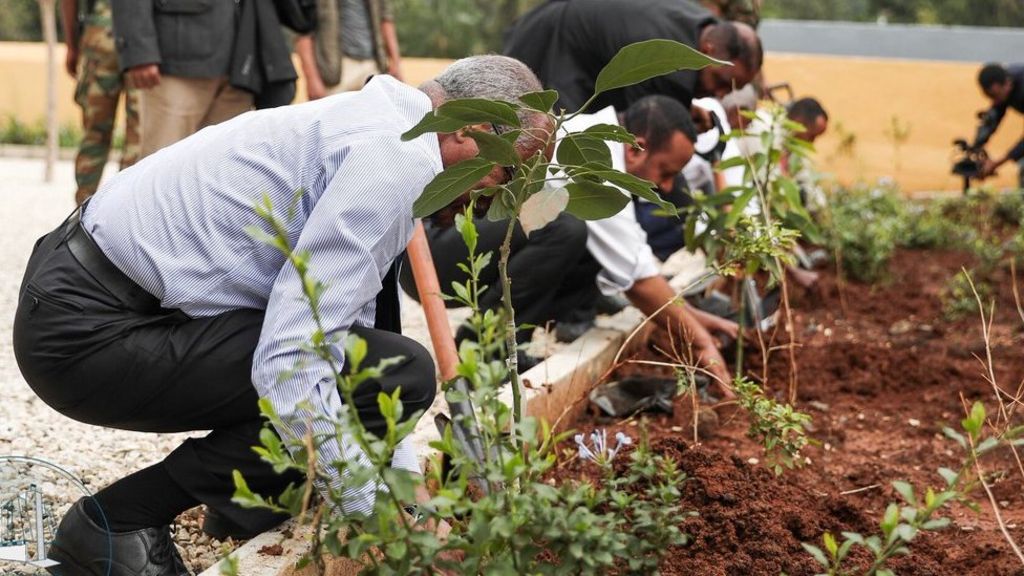Quality Education

To improve the quality of education, Ethiopia prioritized on
teacher’s development program, curriculum improvement, school improvement, and
expansion and improvement of information and communication technology. This led
to an increase in qualified teachers of primary education from 38.4 percent in
2009/10 to 71.37 percent by 2014/15. In addition to that, primary education
completion rate has increased from 47.8 percent in 2009/10 to 52.18 percent by
2014/15. Besides the effort from the government, the other non-profit
organizations such as Children of Ethiopia Education Fund (COEEF), Adias Ababa are
involved in the development of the education system of this country. The
country’s predominant finance for education comes from the government. The
country struggles in economic progress. 1994 was the year where the budget for education was of the highest. Despite being the rate incremental, it is a constant flux, but never beating the 94’s record.

The change in climate in Ethiopia is likely to cause increased
temperatures, intense heatwaves, more extreme rainfall, floods, and landslides, which are expected to intensify existing challenges of communicable diseases, food
insecurity, and poverty unless timely action is taken. To develop the country’s profile
on climate change, WHO, UNFCC, and range of other partners works with Ethiopian
Ministry of Health. The country was the first to submit its Intended Nationally
Determined Contribution to the UNFCCC, consisting of strong plans to develop a green economy.
Citation:
https://ethiopia.un.org/sites/default/files/2019-08/GTPII%20%20English%20Translation%20%20Final%20%20June%2021%202016.pdf
. Accessed on 5/2/2020
https://wenr.wes.org/2018/11/education-in-ethiopia
. Accessed on 5/2/2020
https://www.afro.who.int/news/climate-change-impact-human-health-ethiopia
. Accessed on 5/2/2020
https://files.globalgiving.org/pfil/13631/pict_large.jpg?m=1364278484000 . Accessed on 5/2/2020
https://ichef.bbci.co.uk/news/1024/cpsprodpb/147C6/production/_108101938_ab4.jpg . Accessed on 5/2/2020
Comments
Post a Comment